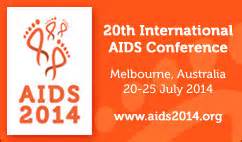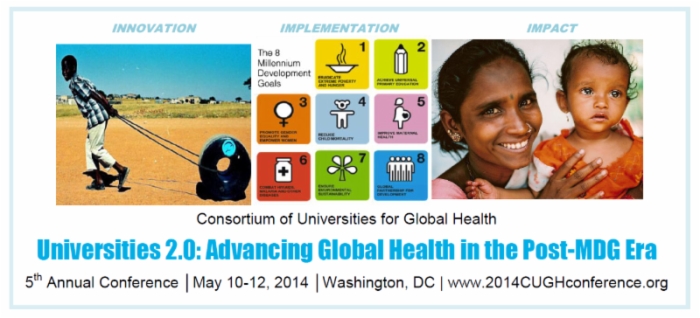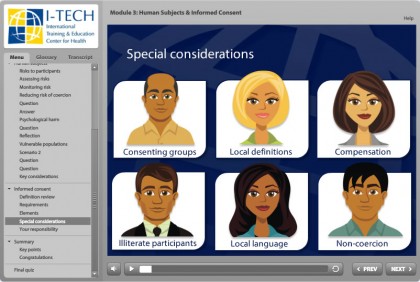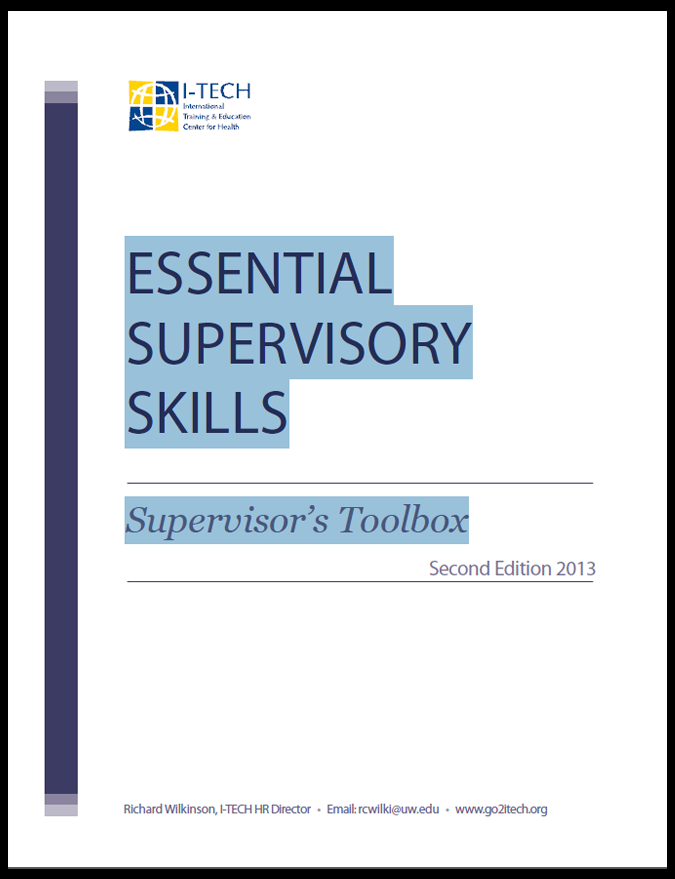
On July 20-25, the biennial International AIDS Conference, AIDS 2014, will be held in Melbourne, Australia. Dr. Gabrielle O’Malley, I-TECH’s Director of Implementation Science, is heading down under to present two posters:
- Evaluating the Effectiveness of Patient Education and Empowerment to Improve Patient-Provider Interactions at ART Clinics in Namibia, lead authored by Dr. Ellen MacLachlan, I-TECH Senior Research and Publications Advisor
- “If I Take My Medicine, I Will Be Strong”: Evaluation of an Innovative Pediatric HIV Disclosure Intervention in Namibia, lead authored by Dr. O’Malley
For full versions of these posters, contact Anne Fox, Communications Officer, at foxanne@uw.edu.
As always, the conference is a tremendous opportunity for those working in the field of HIV, policy makers, civil society, and persons living with HIV to share perspectives and knowledge — with a focus on the diversity of response in the Asia Pacific region.
The theme of AIDS 2014 is “Stepping Up the Pace,” and speakers including former President Bill Clinton; new U.S. Global AIDS Coordinator Deborah Birx; and Dr. Tony Fauci, Director of the National Institute of Allergy and Infectious Disease, will examine scientific developments, human rights, and lessons learned in the effort to map our next steps in the fight against the pandemic.
Read more about the conference — as well as the 2012 Melbourne Declaration in support of human rights in the march toward an AIDS-free generation — at www.aids2014.org.

 I-TECH is proud to announce the launch of a new online course, Ethical Conduct & Academic Integrity: Protecting Human Subjects in the Global Health Setting. The course will be required for all I-TECH staff involved in research
I-TECH is proud to announce the launch of a new online course, Ethical Conduct & Academic Integrity: Protecting Human Subjects in the Global Health Setting. The course will be required for all I-TECH staff involved in research

